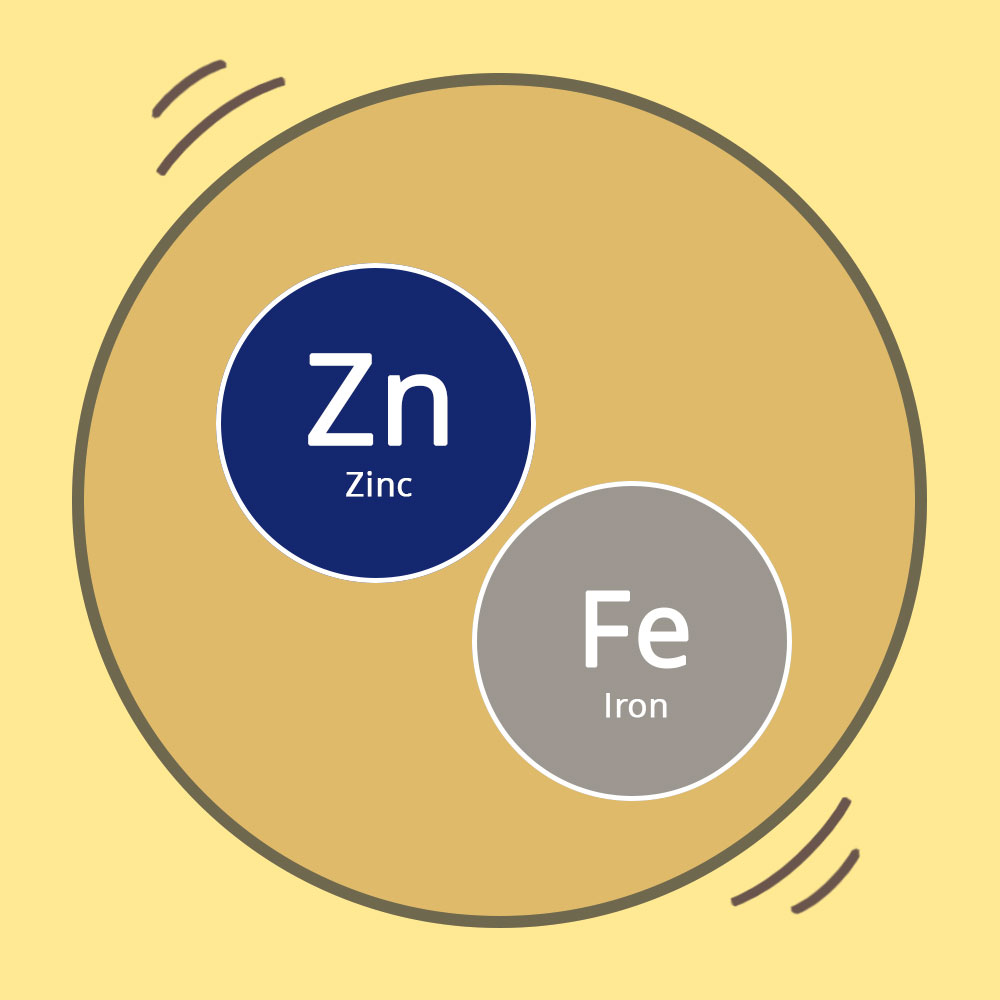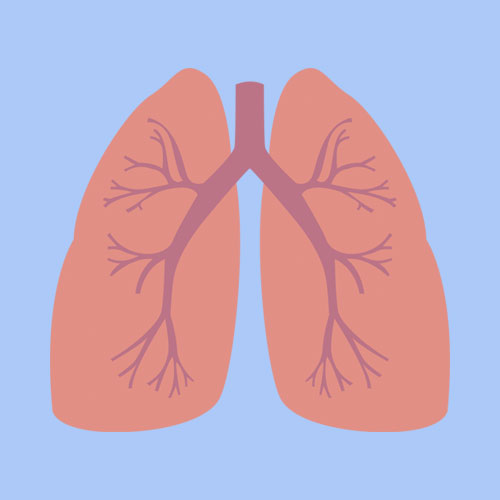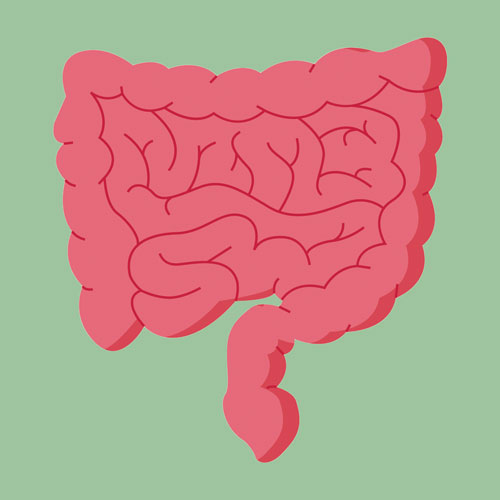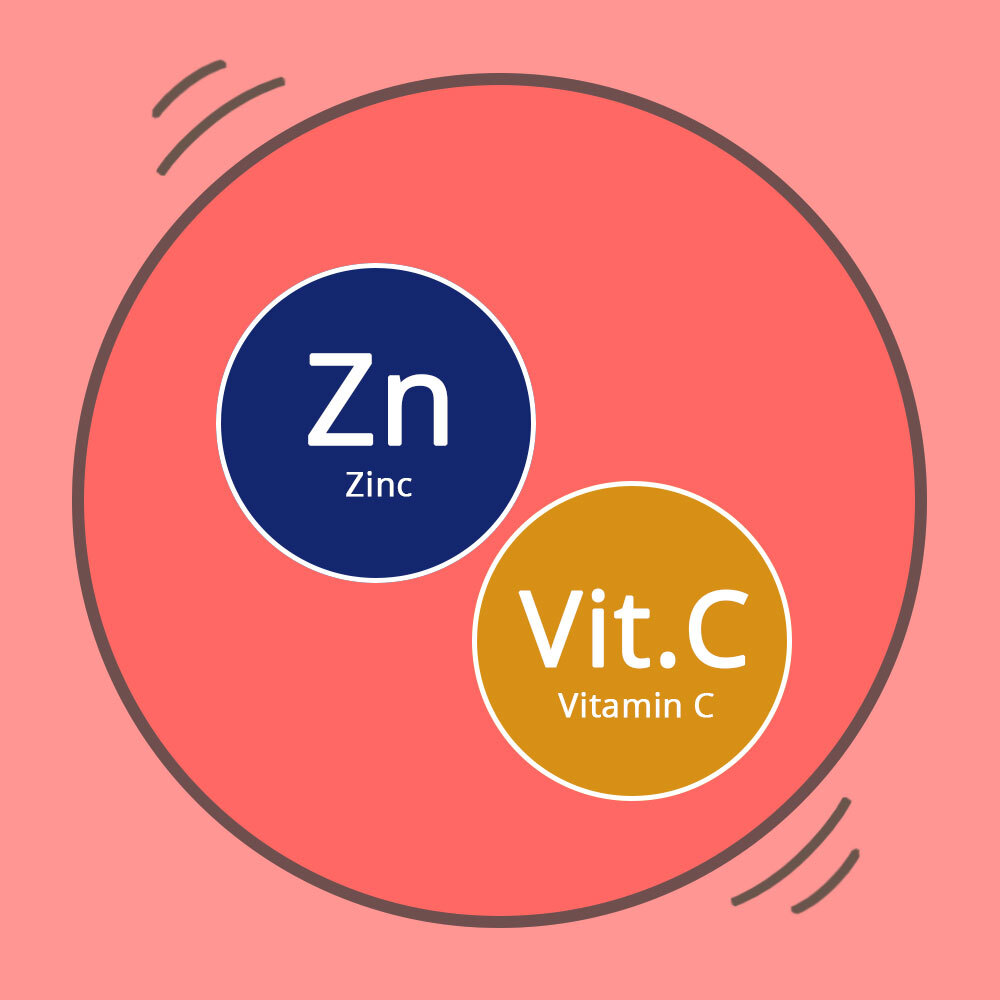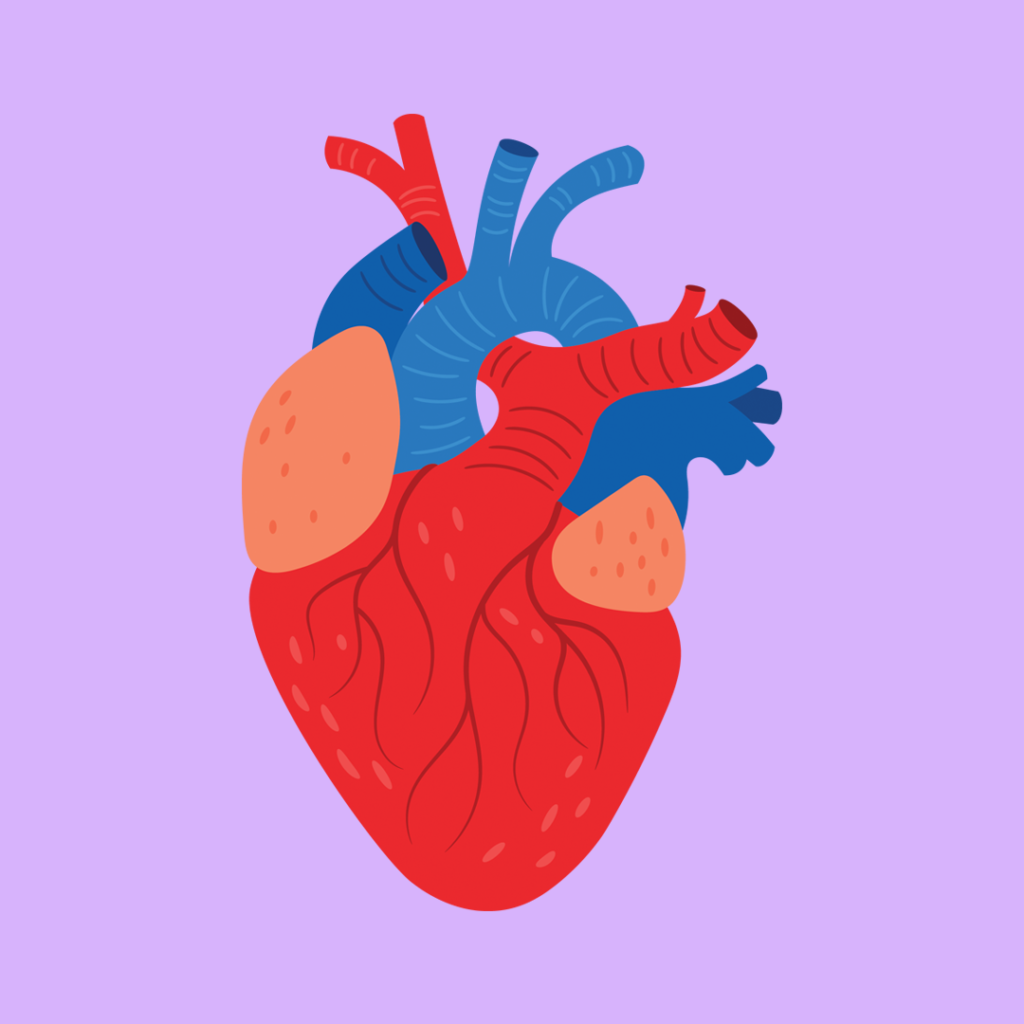Can zinc counteract a copper overload?
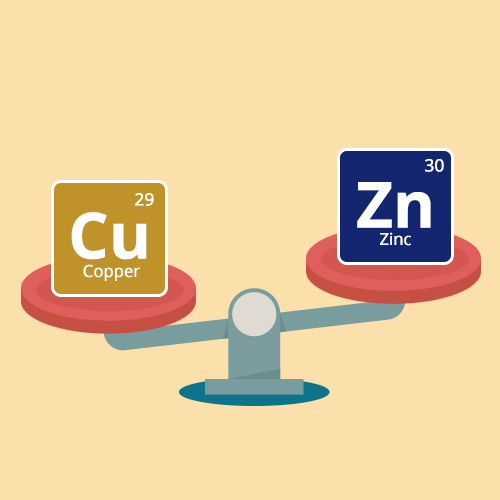
Questions answered in this article:
The importance of copper
Zinc and copper go together like two peas in a pod. Many systems in the body require both of these minerals in order to function optimally. For instance, the immune system depends on zinc and copper to fight pathogens. Even when zinc stores are sufficient, a copper deficiency can compromise our ability to detect infections and kill pathogens.
Similarly, our nervous system also depends on zinc and copper. We have billions of brain cells (neurons) that rely on these minerals to regulate signals transmitting from one cell to another.
Copper has the important task of reducing the activity of glutamate and GABA, the body's major excitatory and inhibitory neurotransmitters. An imbalance of either can lead to brain cell death, so copper acts like a light dimmer to keep excitatory and inhibitory signals in check. To allow the central nervous system (CNS) to function properly, we need copper.
Can you have too much copper?
The balance of optimal copper levels in the body is very delicate. Too little copper can decrease the function of body systems. Contrarily, too much copper can impact many areas of health and become dangerous.
Symptoms of copper overload
- Liver disease
- Anemia
- Nausea
- Vomiting
- Headache
- Diarrhea
- Weakness
- Dizziness
- Black stool
What causes excess copper?
Contaminated water
Copper overload is not uncommon – you can get extra copper without even realizing it. Unfiltered water or water that goes through copper pipes can carry high levels of this heavy metal. If your main source of water is contaminated, copper can accumulate in your body over time.
Wilson's Disease
Wilson's disease is an inherited condition where copper builds up in the brain, eyes, liver and kidneys. It is usually present at birth, but symptoms do not appear until copper has accumulated. Instead, many individuals may show signs of liver disease because high levels of copper are stored in the liver. Maintaining normal copper levels must be prioritized in order to prevent life-threatening complications.
Long-term use of contraceptives
The copper IUD is a T-shaped plastic frame with copper wire coiled around it. Because the copper produces an inflammatory reaction in the body, it can kill sperm and eggs, preventing pregnancy. The copper IUD can stay in the uterus for up to 10 years and become a source of copper.
Some hormonal birth control bills also contain copper that can be absorbed into the body. If you rely on these contraceptives, you may want to check your copper levels regularly to ensure they do not become a source of potential copper overload.
Is copper toxicity dangerous?
When it goes unaddressed, severe copper buildup can become life-threatening and lead to Alzheimer's disease or cirrhosis. Eventually, brain or liver failure may occur.
Increased risk of Alzheimer's
Copper toxicity is one of the risk factors for Alzheimer's disease. At high concentrations, copper acts as a pro-oxidant and overproduces reactive oxygen species (ROS), leading to oxidative damage. Copper oxidizes cholesterol into an intermediate that is toxic to the neurons, while the ROS cause cell destruction. As more neurons die, cognitive abilities such as thinking, remembering and reasoning, are lost.
Increased risk of liver damage
Excess copper is stored in the liver and can lead to liver disease such as cirrhosis or liver cancer. As the liver cells try to make repairs to the damage caused by excess copper, scar tissue may form and further decrease liver function. Over time, liver failure can occur.
Copper toxicity in infants
Infants are at a greater risk for copper toxicity because their mechanisms for excreting copper through bile and controlling copper absorption in the small intestine are not yet developed. Even small levels of copper can be harmful, as infants are particularly sensitive.
Healthy ways to detox from copper
Use a water filter
To purify contaminated water from your faucets, consider using water filtration methods such as a reverse osmosis system, which are proven to remove heavy metals like copper.
Take chlorophyll daily
Have you ever wondered why green juices are always promoted as a detox drink? Greens are filled with chlorophyll, a pigment that has many health benefits. It can be taken as a daily tonic since it binds to excess copper and flushes it from the body.
Relax in an Epsom salt bath
As the main storage for excess copper, the liver can become sluggish and unable to filter out all the heavy metals. Epsom salts contain magnesium and sulfate, which help stimulate the liver's detox pathways in the body. Add 2 cups of Epsom salt to your next bath and let your body soak for at least 40 minutes to absorb the minerals.
Balancing copper levels through diet
Many foods contain copper, so you are likely getting enough in your diet. On the other hand, it is certainly possible to consume too much copper. For individuals with Wilson's disease or other risk factors, it is important to choose foods low in copper and avoid copper-rich foods.
Foods rich in copper
- Beef liver
- Oysters
- Potatoes
- Shiitake mushrooms
- Shellfish
- Chocolate
Foods low in copper
- Eggs
- Chicken
- Vegetables
- Rice
- Dairy products
- Oils
Can zinc be used for copper overload?
Although zinc and copper work together in many body systems, their interaction with one another is not always seamless. Zinc and copper are chemically similar and compete for absorption in the body. A high level of either mineral may cause and mask a deficiency of the other. By the time you build up a copper overload, your zinc levels will likely have dropped as well.
Studies show that zinc supplementation is useful for copper overload. To protect against copper toxicity, a daily dose of Zinc Bis-Glycinate 25 can be used. If you are experiencing symptoms of copper overload, please speak with your healthcare practitioner to determine your course of action.

